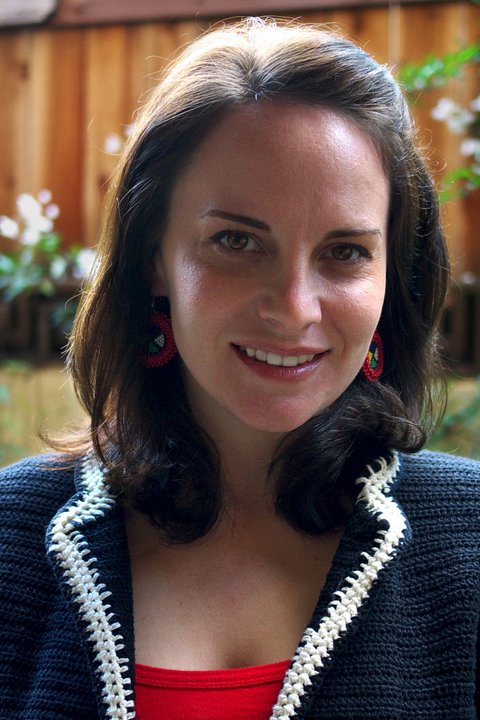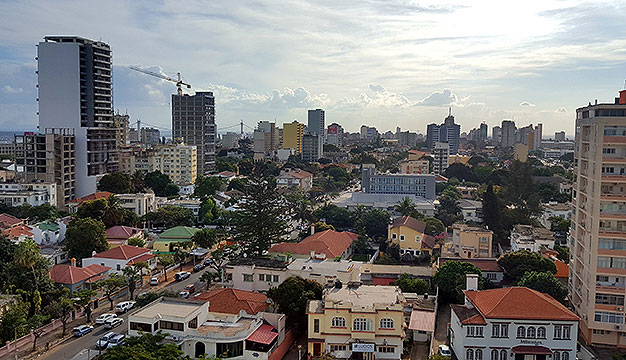Home » News » LGBT Rights and Health on the African Continent
LGBT Rights and Health on the African Continent
Posted by anderc8 on Thursday, October 26, 2017 in News, Research Scholar Grants.

Tara McKay, Assistant Professor of Medicine, Health and Society
Written by Tara McKay, Assistant Professor of Medicine, Health and Society
During the 1990s and 2000s, homosexuality and LGBT rights became highly politicized in some African countries. Much of my research has focused on why this has happened and the consequences of increased politicized homophobia and violence for LGBT activists on the continent. For the last 10 years, I’ve been working in Malawi where, beginning in the mid 2000s, same-sex sexualities were starting to be identified as a population in need of targeted HIV prevention and treatment. But in late December 2009, two Malawians, Steven Monjeza and Tiwonge Chimbalanga, were arrested and convicted for sodomy, bringing same-sex sexualities to the forefront of international debates about whether gay rights were human rights and renewing Malawians’ concerns about their moral and political sovereignty from the West.
Over the past few years, my collaborators and I have started interviewing activists, representatives from donor organizations and in-country government officials from other countries (like Nigeria and Senegal) that have experienced increases in hostility towards LGBT populations. In all three countries, health is conceived as a right for all citizens, and we’ve observed that LGBT activists and organizations often use HIV and health as a way to institutionalize concern for their communities within government bodies like the Ministry of Health. Donors also use HIV as a way to interface with LGBT organizations in countries where same-sex sex is criminalized, as it is in Malawi, Nigeria and Senegal, to avoid confrontations with local government. This focus on rights to health for all people, including members of the LGBT community, provides opportunities for organizations and governments to engage with the community in criminalized contexts, but it’s not without its constraints. For LGBT organizations, the focus on HIV diverts attention away from critical social justice work around LGBT peoples’ rights, safety and livelihoods. Additionally, donor funding for HIV and health can create tensions with local populations and governments that see LGBT organizations as representing Western interests.

With the funding I received from the Vanderbilt University Research Scholar Grant, I expanded my work to consider how LGBT organization might be different in an African country where same-sex sex was recently decriminalized. Mozambique is one such country. In contrast to neighboring countries, Mozambique has decriminalized same-sex sex and expanded protections on the basis of sexual orientation in some sectors. Although the country’s Penal Code outlawed “vices against nature,” a carry-over from Portuguese colonial law that is commonly interpreted as an anti-sodomy law, a new Labor Law was adopted in 2007 that prohibits discrimination and provides for worker’s rights to privacy on the basis of “sexual orientation, race and HIV status” (Section II.I, Article 4; Section II.II. Article 5). Due to the conflict between the Labor Law and the Penal Code, the state was challenged to assert its official policy in a 2011 UN Human Rights Council review. There, Justice Minister Benvinda Levi responded that homosexuality was not illegal in Mozambique due to the vague phrasing of the law, and on July 1, 2015, the Mozambican government officially revised the country’s Penal Code by dropping Article 71, paragraph 4.

Jose Cossa, Senior Lecturer, Peabody College
In July 2017, Jose Cossa and I traveled to Mozambique to interview LGBT activists, local HIV researchers, donors working with LGBT populations and Mozambican government officials. In two weeks, we conducted 14 interviews. Some days, we barely had time for a snack while shuttling across Maputo to the next meeting. During these interviews, we learned about how the primary LGBT organization in Mozambique, Lambda, conducts its advocacy and education work. We also talked about their priorities, strategies and plans for the future. As the only LGBT organization in the country, Lambda often acts strategically and operates somewhat under the radar to fulfil their obligations to the local community. Despite working in a context where same-sex sex has been decriminalized, Lambda has for the last decade been blocked from officially registering with the government. Formal registration of a nongovernment organization (NGO) is needed to be eligible for national and international grants and funds and has other implications for opening a bank account, paying staff and filing taxes. Lambda’s inability to formally register as an NGO suggests a more nuanced trajectory of LGBT rights advances in Mozambique, where decriminalization is a major obstacle but just the first of many.
I hope you will consider joining the conversation by leaving a comment or asking a question in the space provided below.
